
The 1980s were a time of excess, with bright colors, big hairstyles, and loud attitudes. But there is a surprise under all the glowing neon: the styles that filled the streets, TV, and stores are now gone. They only live in our memories and some museum displays.
Why did these trends become so extreme, and why did they disappear? When we look at how these styles rose and fell, fashion shows us more than a fun look; it reveals changes in what society values and how the economy works. Let’s remember the 80s icons , old now, but once a bold shift in fashion.
The Windbreaker
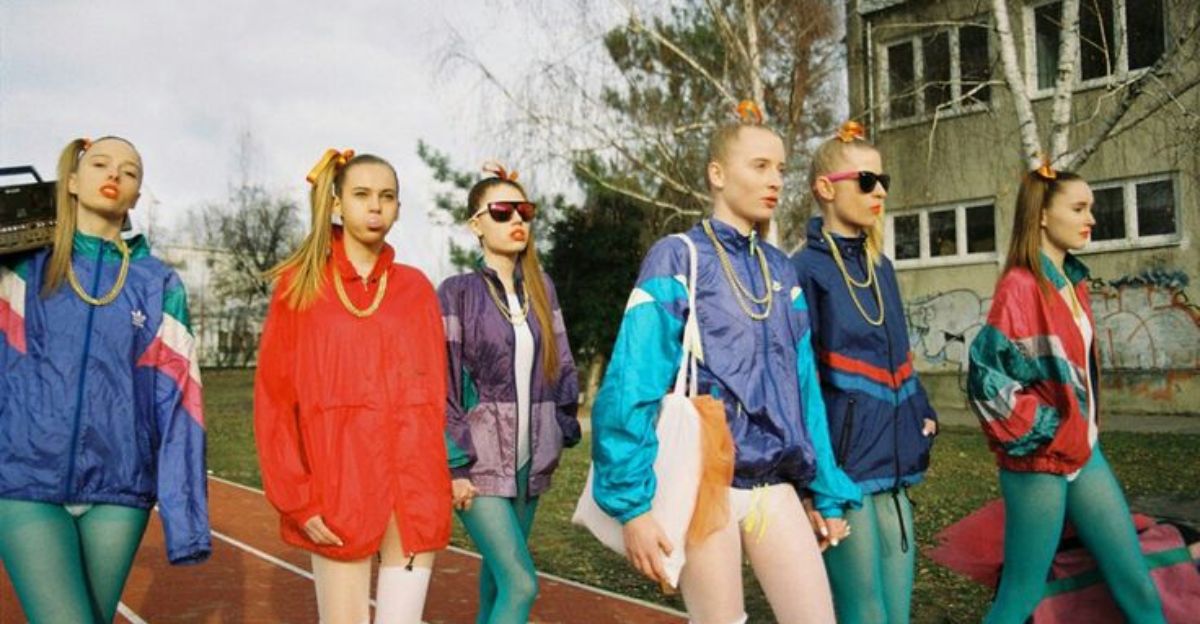
Windbreakers were ubiquitous in the ’80s: lightweight, noisy, and often color-blocked in gaudy hues. People wore them everywhere, from jogging paths to shopping malls, making them a staple far beyond athletic wear.
They were practical for joggers and weekend warriors, but soon became a fashion statement for everyone, regardless of whether sporting intention was present. That ubiquity bred saturation and fatigue as people grew tired of the same look.
Paint Spatter Patterns
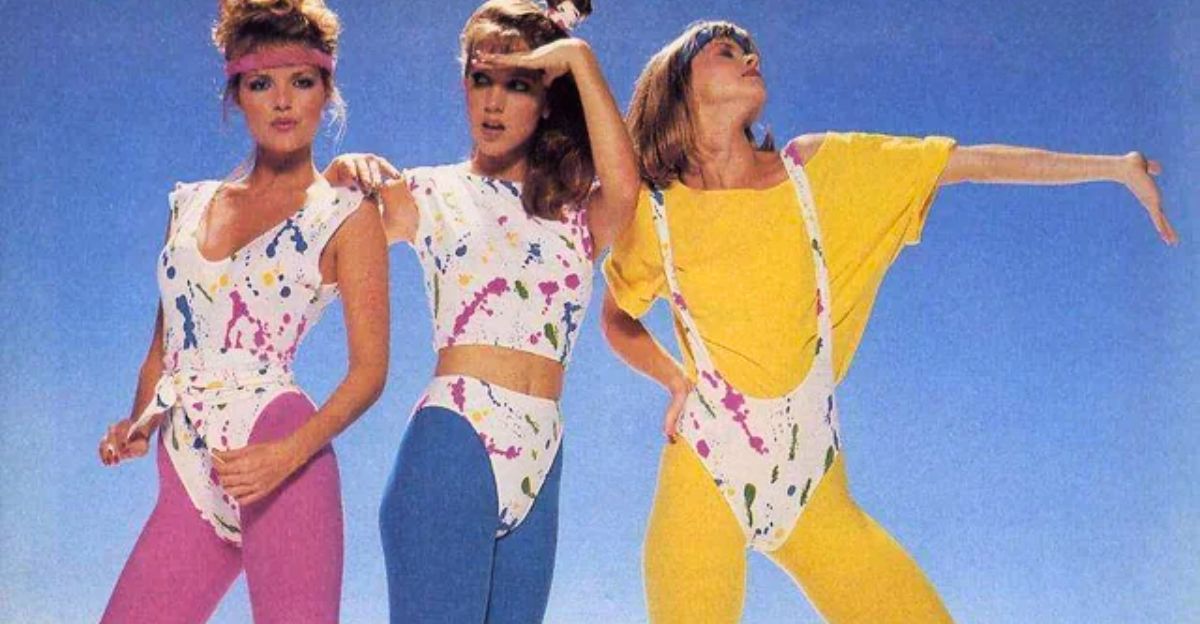
Paint spatter prints are one of the only trends that capture the unhinged creativity of the ’80s. Spawned from abstract art, designers splatter Jackson Pollock-esque patterns onto tees, pants, and accessories.
Initially loved for their edginess, they eventually lost favor as the trend took a turn for what critics called “artsy mold.” The lesson: once a trend becomes too literal or mainstream, it loses its cool. Deliberate splatter is scarce now, consigned to high fashion or ironic retro references, not everyday life.
Neon on Neon
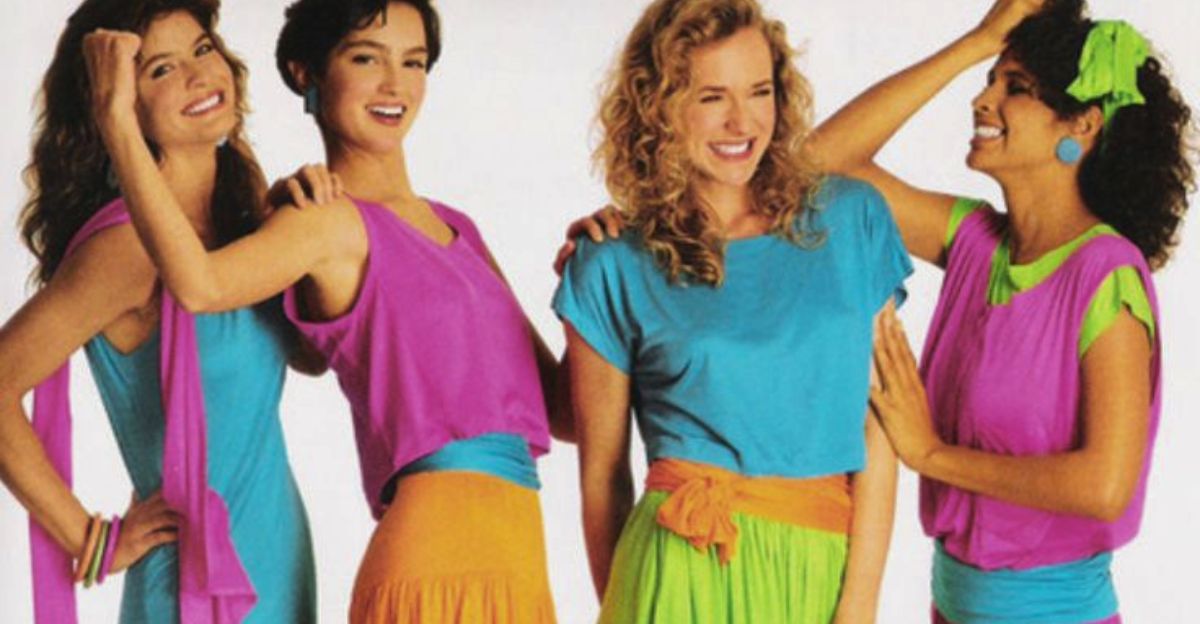
Neon colors, hot pinks, electric blues, and radioactive greens were the 80s’ visual lexicon. Piled atop each other, they screamed for attention, embodying youthfulness and a rebuke to stodgy decades before.
But as novelty gave way, the eye-searing combinations were relegated to joke status. Neon now lives in small doses, athletic wear, and festival fashion, but its days as a mainstream staple are over, a casualty of changing tastes and the quest for subtlety.
Tracksuits
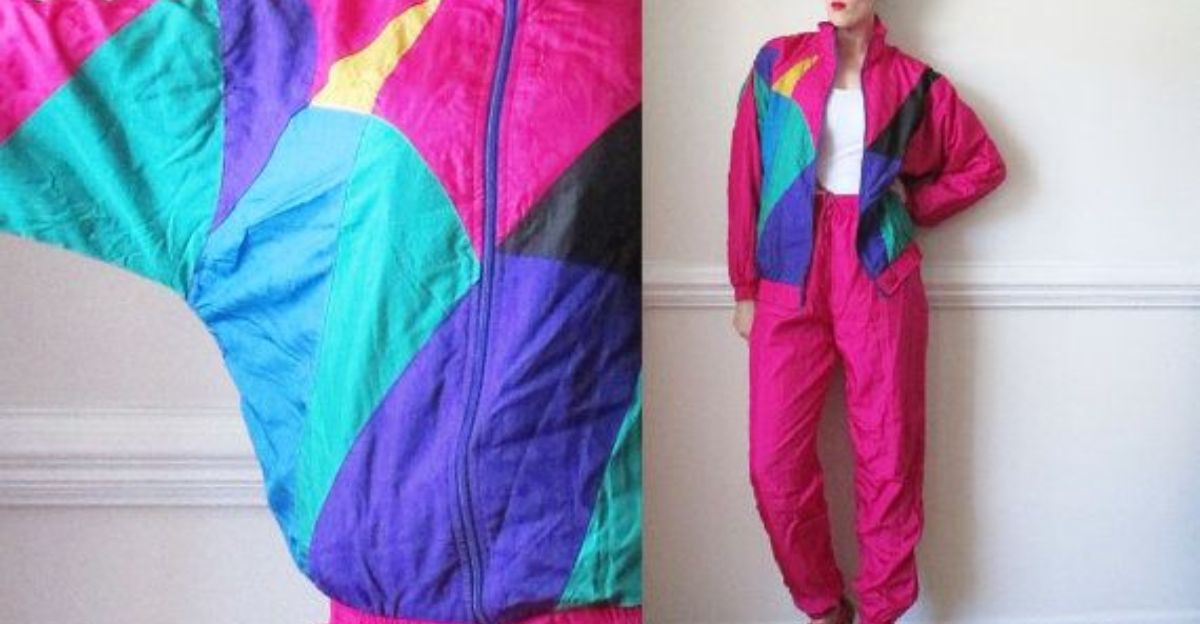
Tracksuits, especially in nylon or velour, were the height of ’80s casual chic. Worn by everyone from suburban homemakers to hip-hop icons, they wiped away the line between athletic and everyday apparel.
Ubiquity breeds disdain, and the ’90s relegated the tracksuit to gym bags and ironic resurrections. The athleisure uprising of the present owes its gratitude to the ’80s, but the reign of the original tracksuit is long past, replaced by more manufactured, tech-driven sportswear.
Shoulder Pads
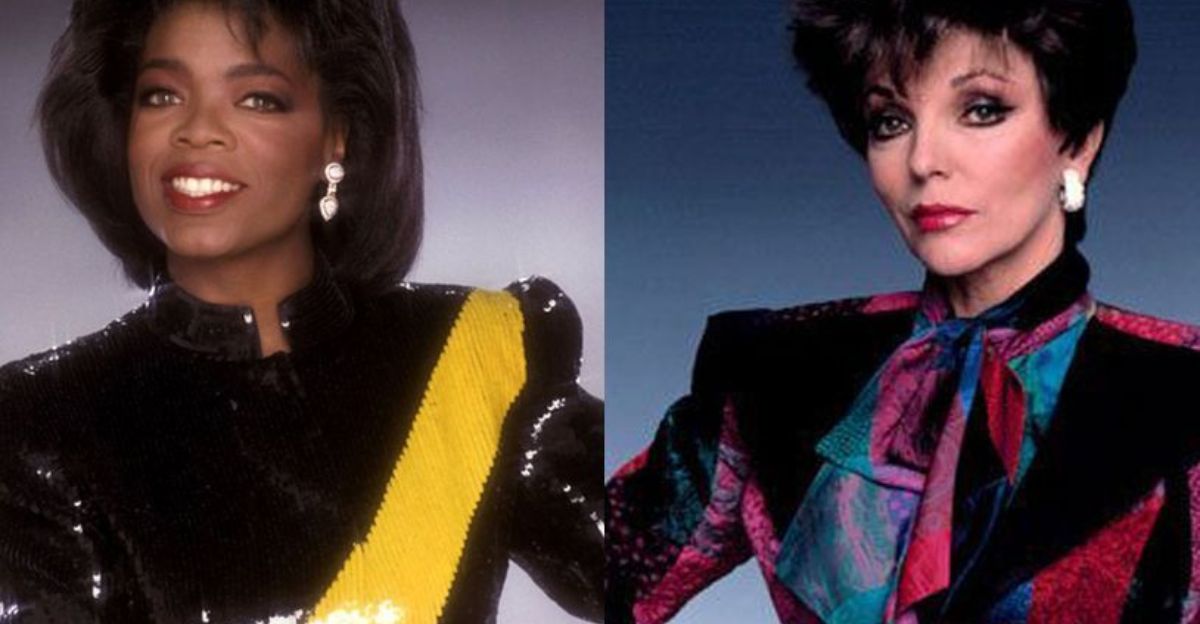
Shoulder pads were more than style; they were a symbol of power for women entering the corporate world in unprecedented numbers. The blown-out shape communicated authority but degenerated into caricature in the end.
With the evolution of office mores and gender roles, the need for such visual armor disappeared. Modern tailoring honors form, but the era of “bigger is better” shoulders is behind us, a reminder of a specific cultural moment.
Leg Warmers
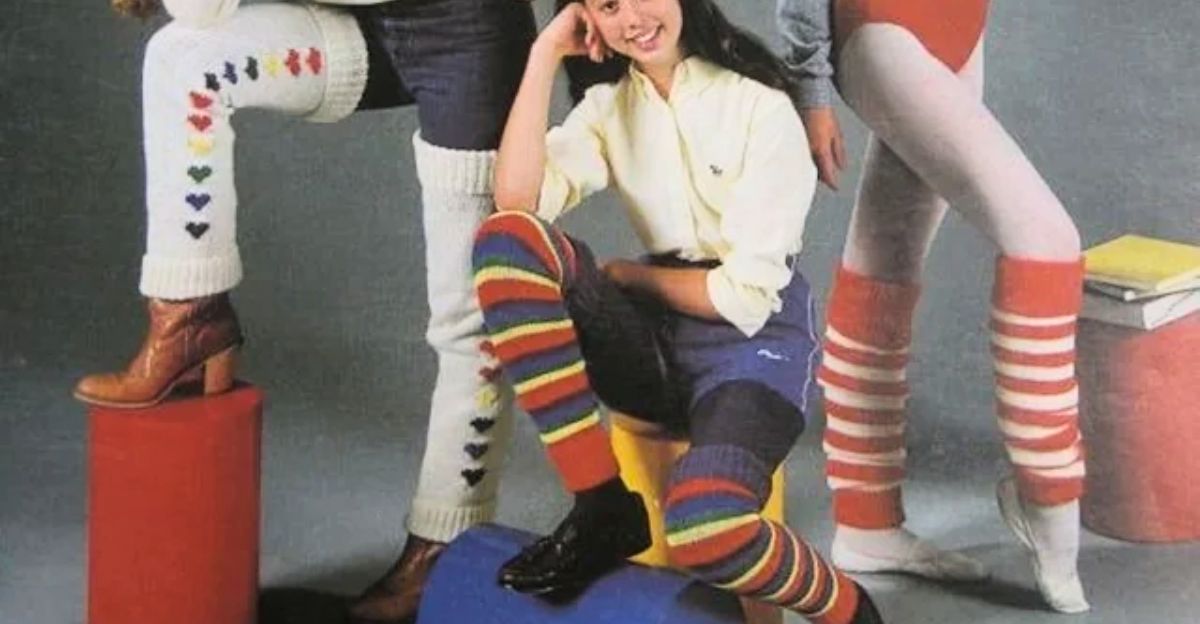
Leg warmers went stratospheric with the aerobics trend and in films like “Flashdance”. People wore them over leggings or jeans, making a bold style statement that was more about fashion than function. As the fitness fad reached its height and urban style transformed, the popularity of leg warmers sharply declined.
They slipped out of the mainstream and became items mostly seen in dance academies and retro-infused festivals. Recently, leg warmers experienced a brief revival within the niche “ballet-core” trend, but this resurgence remains limited and far from widespread saturation in everyday fashion.
Crimped Hair
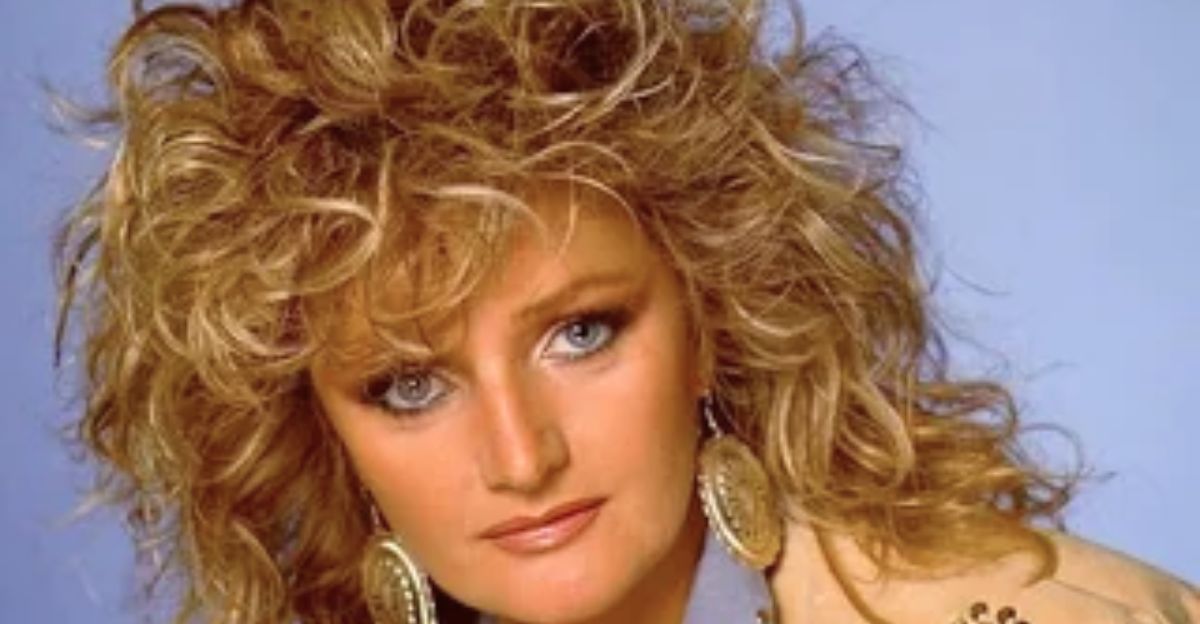
Crimped hair, with its squiggly shape, was the hallmark of the ’80s “big hair”. People worked hard to achieve the look, blow-drying, teasing, and crimping their hair to get that dramatic volume. It became a regular hair inconvenience to make a big wow! But ultimately, crimped hair was just a fad.
As beauty trends shifted toward natural textures and low-maintenance cuts, stylists placed crimped hair into the nostalgia pile. Today, people use it mainly as a theme party prop rather than a hairstyle they try on a regular morning.
Jelly Shoes
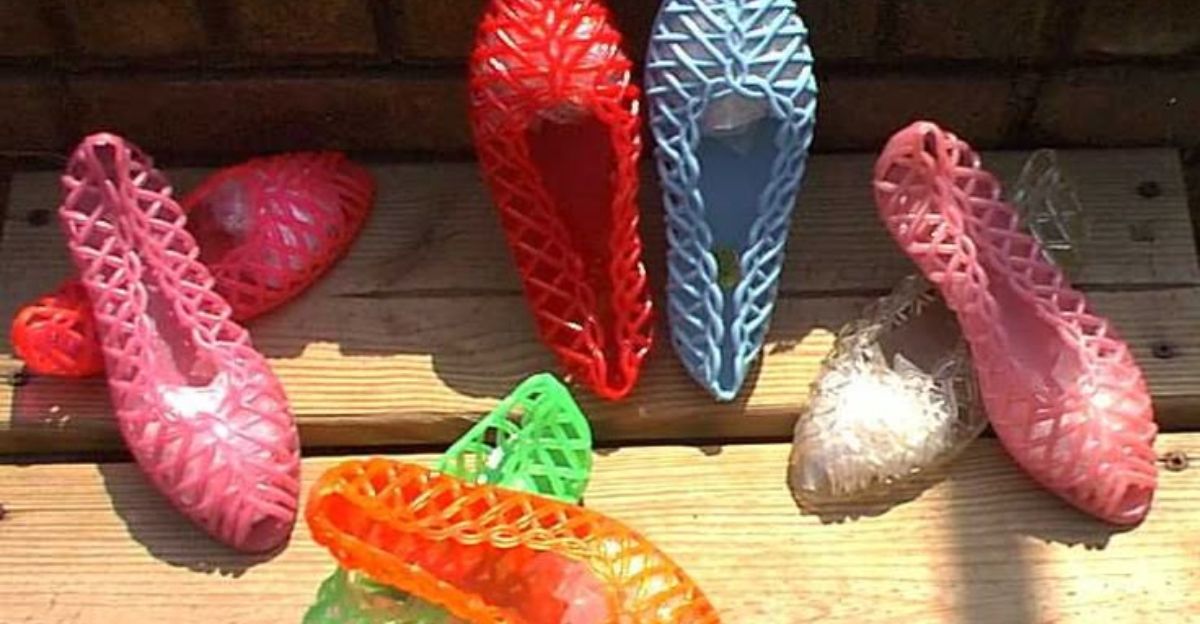
Made from shiny PVC, jelly shoes were a hit for kids and teens in the nineties because they were inexpensive and fun. Parents compel children to wear their shiny jelly shoes everywhere; their bright colors and low cost make them a practical option.
Unfortunately, the discomfort and short lifespan of the shoes led to their unsustainable future. It didn’t take long for people to discover jelly shoes weren’t the most comfortable or reliable option for any given day. While fashion designers may still revisit the design for nostalgic reasons now and then, jelly shoes no longer hold a place as a staple.
Punk Style
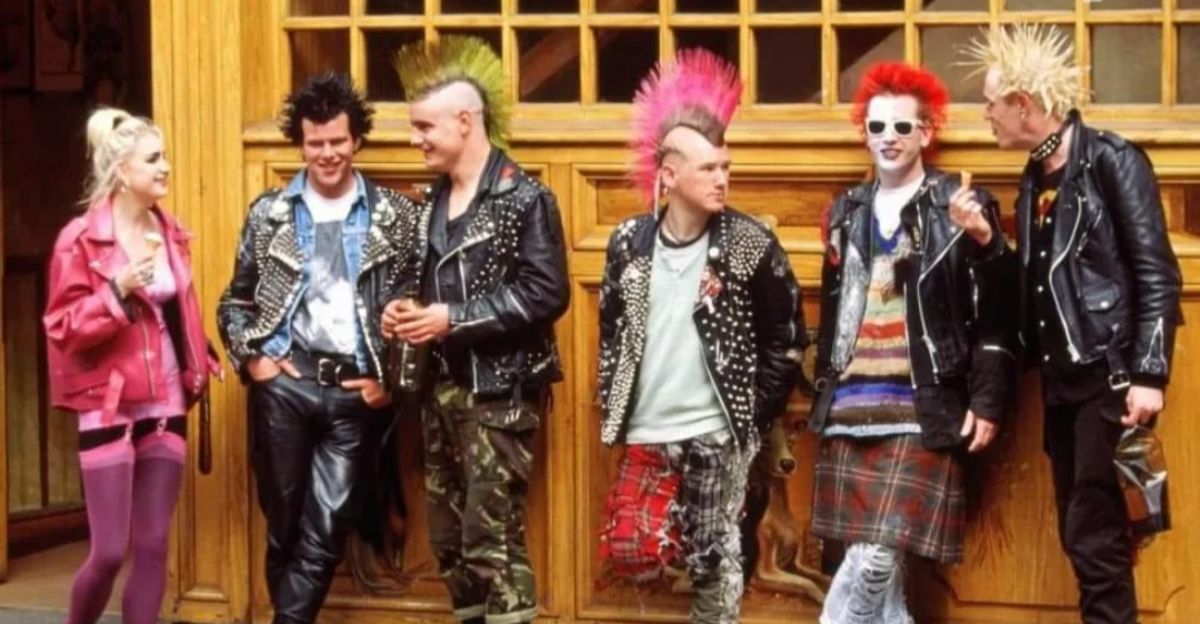
The new wave brought bold, flamboyant, androgynous fashion to the mainstream, using frill shirts, eccentric dyed hair, retro costume jewelry, and other elements. Designers and artists with androgynous styles made them mainstream figures.
They funneled many styles to finally challenge hard-lined social gender norms and evolve what sartorial mode was acceptable to wear. For many in the late 1980s, this radical movement was shocking yet a great encouragement to those who found enjoyment and political inspiration from the incredibly expressive movement.
New Wave Androgyny
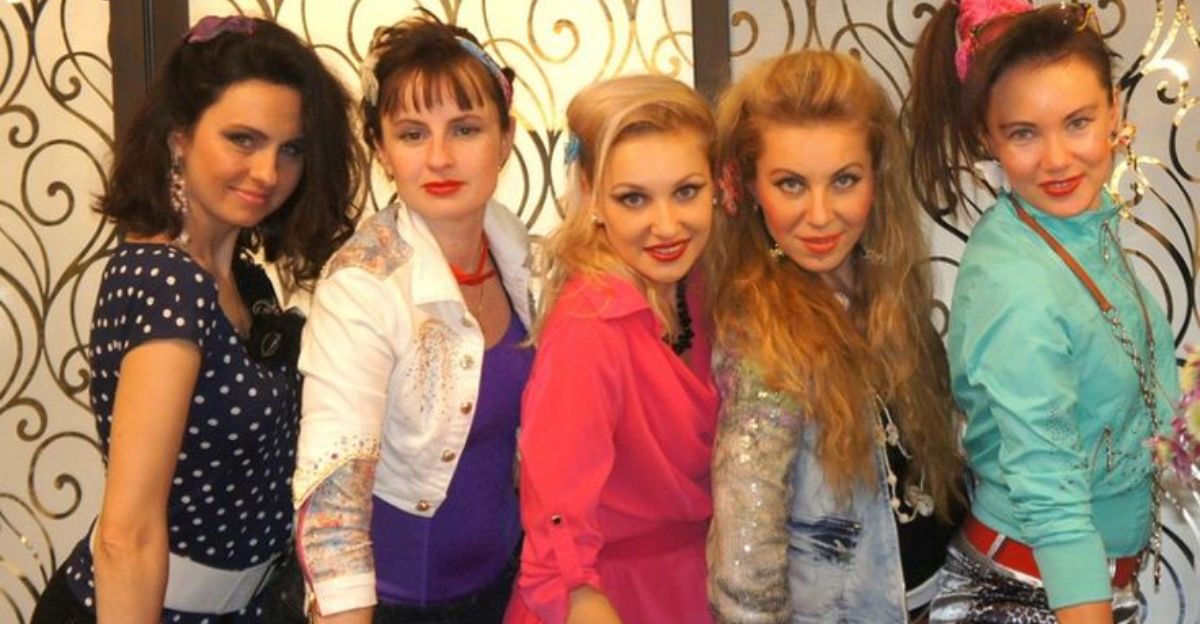
The new wave brought flamboyant, androgynous fashion frill shirts, dyed hair, and retro jewelry into mainstream culture. Designers and artists boldly pushed these styles into the spotlight, challenging strict gender norms and reshaping what was acceptable to wear.
Today, the classic new wave look serves as a historical reference point. It no longer dominates daily life but remains an important symbol of cultural change and rebellion.
Power Makeup
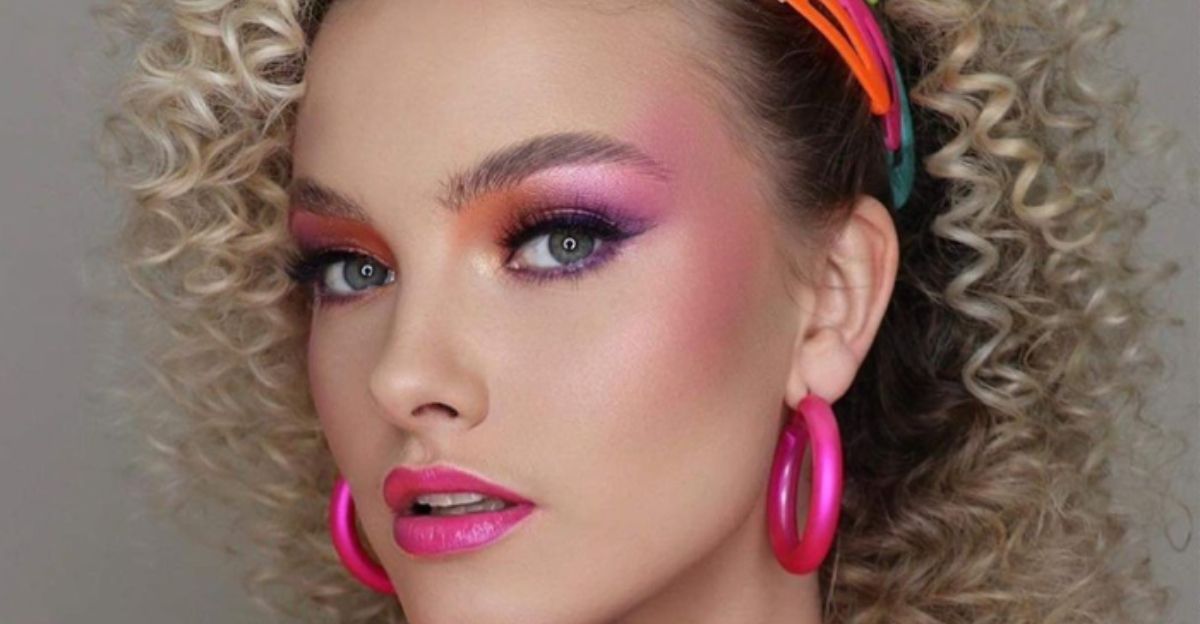
Makeup from the 1980s was bold. Think heavy blush, bright eyeshadow, theatrical lips, and glitter. During that time, pop music, television soap operas, and the avant-garde pushed bold beauty into the mainstream and encouraged people to express themselves in colorful and daring makeup.
People wanted to look more natural, and heavy makeup quickly fell out of style. The beauty trends today focus on healthy skin, natural enhancement, and authenticity.
Why the Trends Disappeared
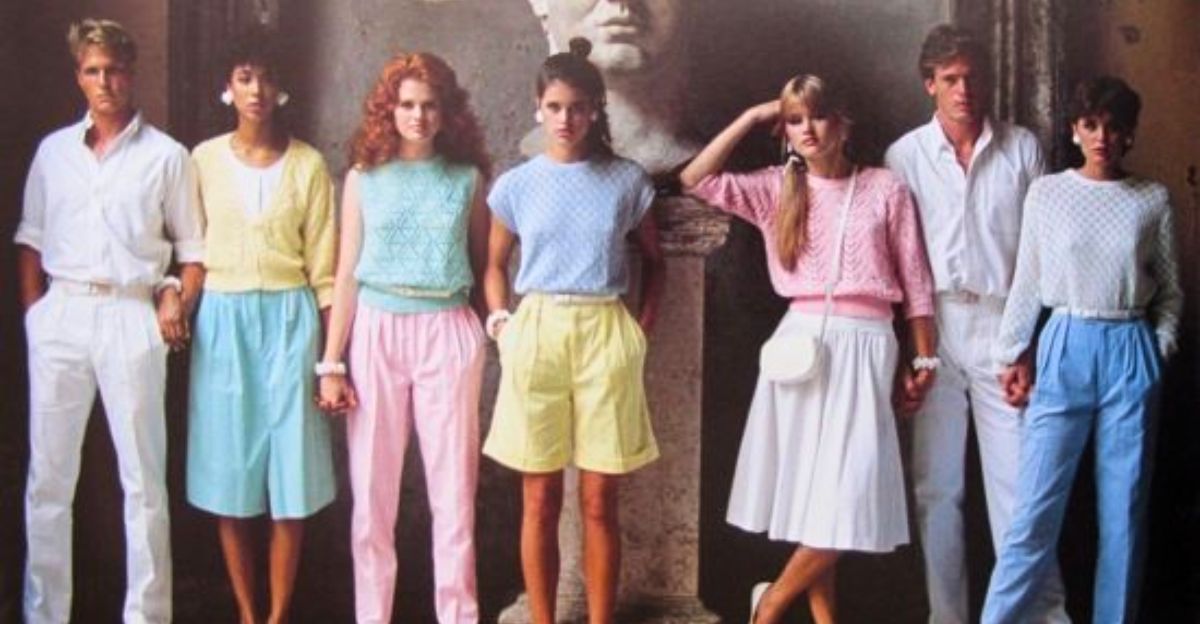
The fall of ’80s styles is unexplainable, merely in terms of taste. Economic shifts like the collapse of low-wage male earnings and the expansion of low-wage employment shifted who possessed the resources to participate in fashion cycles.
Social progress, like more sophisticated gender and work attitudes, made certain styles anachronistic or even reactionary. The paceless pace of technological development also accelerated trend turnover, making it increasingly complex for any given look to maintain itself over long periods.